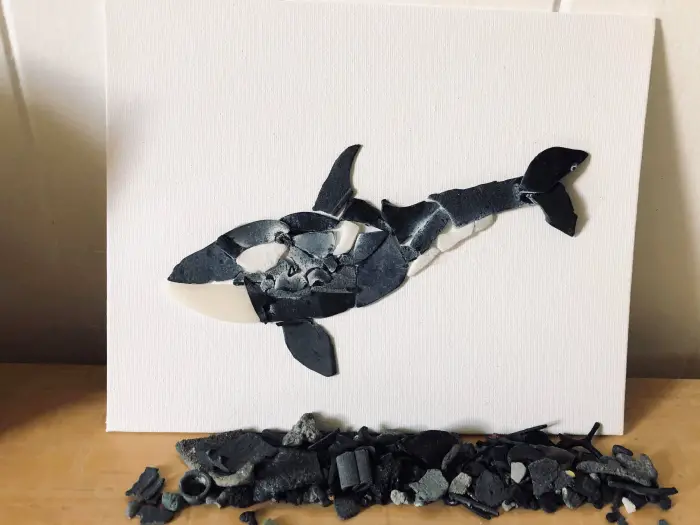If you’re trying to figure out how to write “no trash在orca怎么写,” then you’re not alone. This phrase might look simple, but let’s break it down and see why it matters and how you can get it right. The thing is, people want to know exactly how to express “no trash在orca怎么写” in a way that works perfectly within the Orca app. But there’s more to it than just translating words. It’s about hitting the right tone, making it relevant, and ensuring it fits the platform.
Let’s dive in and answer some questions you might have.
Why “No Trash” Matters in Orca
In Orca, maintaining cleanliness and organization can be key, whether it’s for digital files or physical spaces. So, when you’re saying “no trash在orca怎么写,” you’re really looking for an efficient way to express that there’s no clutter or garbage involved. This could be an indicator of a streamlined workspace, either digitally or physically, and it shows that you’re serious about keeping things tidy. Orca users often appreciate minimalism and focus on only what’s essential. So, you’re setting a tone that resonates with that culture.
Here’s what “no trash” can signify in Orca:
- Efficiency: You’re cutting through the noise and focusing on what’s valuable.
- Professionalism: Maintaining a clean, trash-free space often reflects a professional attitude.
- Practicality: You’re only keeping what’s useful, which makes finding things easier.
Translating “No Trash” into Orca Terms
You might be wondering how to express “no trash在orca怎么写” effectively in Orca’s context. Here are a few ways to convey the same idea, depending on the exact scenario you’re dealing with:
- If it’s about digital clutter, you could simply say, “no trash在orca怎么写” (méiyǒu lājī) or “保持干净” (bǎochí gānjìng).
- If it’s about not leaving a mess after using shared resources, something like “使用后清理” (shǐyòng hòu qīnglǐ) could work.
- In code or scripts, using comments like “// No unused data” or “// No redundant files” could do the trick for developers.

The Common Pitfalls: What “No Trash” Isn’t
Now, let’s talk about what “no trash在orca怎么写” isn’t. Often, people make mistakes by overcomplicating things or translating too literally, which can lead to misunderstandings. Here’s what to avoid:
- Avoid over-translation: A lot of people think they need a fancy phrase, but keeping it simple works better.
- Don’t ignore the platform’s culture: Orca users typically favor direct and minimal communication.
- Avoid unnecessary formal language: Stick to simple, everyday language that resonates.
Real-Life Example: How “No Trash” Works in Action
Imagine you’re working on a collaborative project in Orca. You’re tasked with organizing a shared folder, and you know it’s filled with outdated files. Now, instead of saying, “I’ll delete the unnecessary files,” you can simply state, “No trash left in the folder.” This lets your team know that everything left is relevant, without going into excessive detail.
FAQ: Getting to the Heart of “No Trash在Orca怎么写”
Q: How do I ensure my workspace in Orca stays trash-free?
A: Start by regularly reviewing your files and removing anything outdated. Try using the phrase “保持干净” (bǎochí gānjìng) to remind yourself and others to keep it clean.
Q: Can “No Trash” be applied to virtual meetings in Orca?
A: Absolutely. You can say, “no trash在orca怎么写,” which means “Keep topics clean.” It’s all about staying on point and avoiding unnecessary discussion.
Q: Is there an icon or shorthand for “No Trash” in Orca?
A: While there’s no standard icon, you can use emojis like 🚮 to indicate trash, with a cross-out (🚫) to show “No Trash.”

Keep it Simple, Keep it Effective
When it comes to “no trash在orca怎么写,” remember that simplicity is your friend. You don’t need to overthink it or add anything extra. Use direct translations, make sure they fit the Orca environment, and don’t be afraid to keep it short and to the point.
Wrapping it up, remember: clarity and brevity are key. By keeping things concise, you’re aligning with the platform’s ethos, and by using phrases like “没有垃圾,” you’re setting the right tone from the start. This way, whether it’s digital or physical, your “No Trash” message comes across loud and clear.


